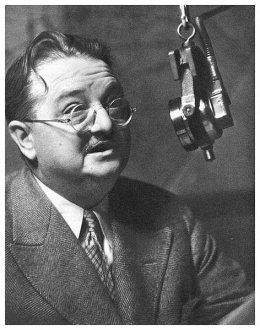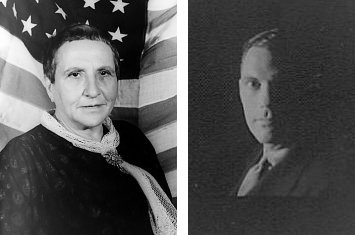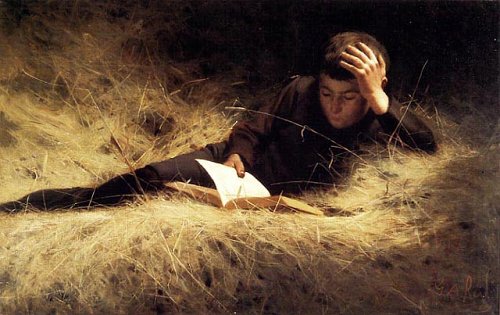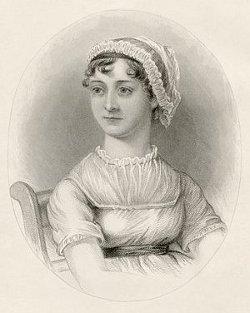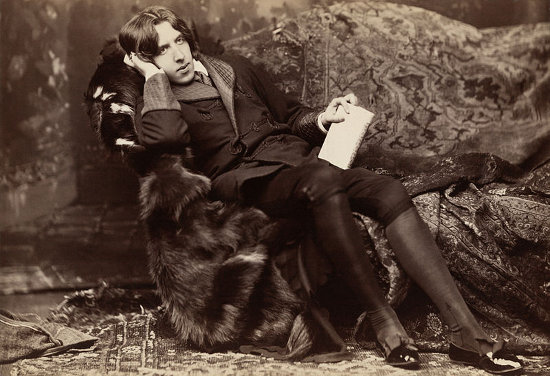
Oscar Wilde on Charles Dickens:
“One must have a heart of stone to read the death of Little Nell without laughing.”
Joseph Conrad on Herman Melville:
“He knows nothing of the sea. Fantastic — ridiculous.”
John Dryden on John Donne:
“Were he translated into numbers, and English, he would yet be wanting in the dignity of expression.”
Vladimir Nabokov on Joseph Conrad:
“I cannot abide Conrad’s souvenir-shop style, bottled ships and shell necklaces of romantic clichés.”
Henry James on Edgar Allan Poe:
“An enthusiasm for Poe is the mark of a decidedly primitive stage of reflection.”
H.G. Wells on George Bernard Shaw:
“An idiot child screaming in a hospital.”
Gustave Flaubert on George Sand:
“A great cow full of ink.”
Truman Capote on Jack Kerouac:
“That’s not writing, that’s typing.”



